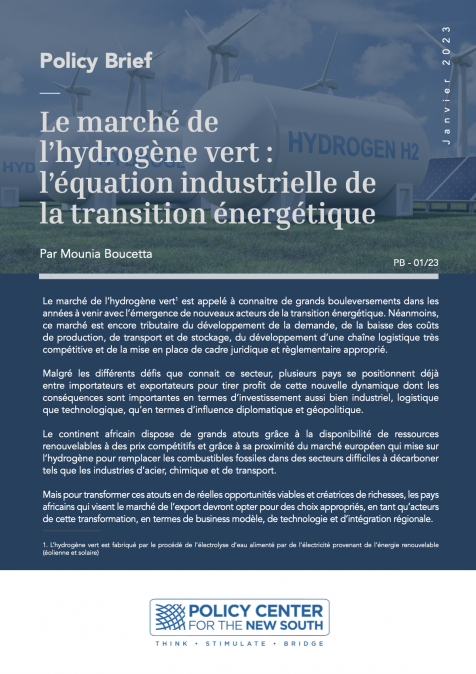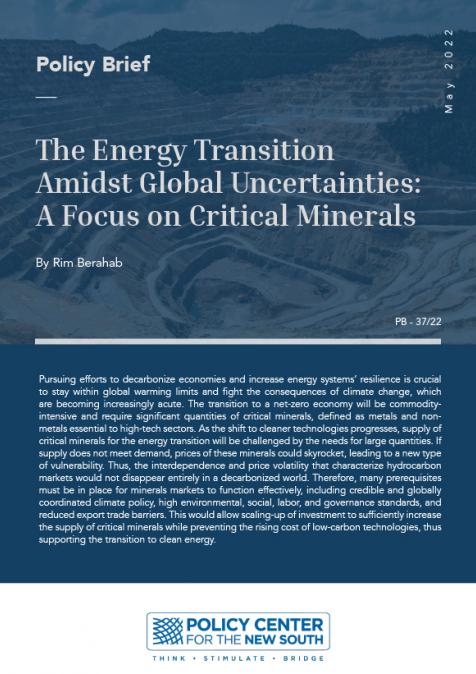L'Afrique, bien que jouant un rôle de plus en plus important, reste encore en marge sur la scène énergétique mondiale. Ce continent est riche en ressources énergétiques, qu'il s'agisse de pétrole, de gaz naturel, de charbon ou d'énergies renouvelables comme l'hydroélectricité, le solaire et l'éolien. Des pays comme le Nigeria, l'Angola, l'Algérie et la Libye sont des acteurs majeurs dans la production de pétrole et de gaz naturel, alors que l'Afrique du Sud se distingue par sa production de charbon. En parallèle, le potentiel des énergies renouvelables est immense, avec des projets ambitieux dans le solaire et l'éolien, particulièrement au Maroc, en Égypte et au Kenya.
Cependant, pour pleinement réaliser ce potentiel et renforcer son influence sur la scène mondiale, l'Afrique doit surmonter des défis majeurs. L'insuffisance des infrastructures, l'instabilité politique et les contraintes financières sont autant de barrières à franchir. Aujourd'hui, avec Francis Perrin, nous allons approfondir ces enjeux et explorer les perspectives futures de l'Afrique dans le domaine de l'énergie.













